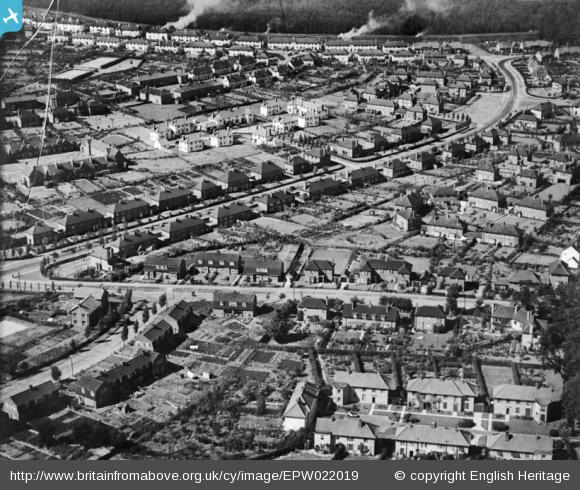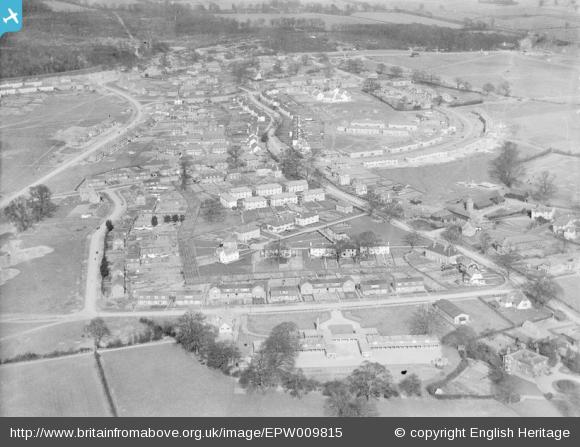History of the Town
Welwyn Garden City is one of only two Garden Cities in the UK. The town was the vision of Ebenezer Howard, who was the founder of the Garden City movement. The town is doubly unique in also having been designated as a New Town, shortly after the end of World War II and by the fact that its original designer, Louis de Soissons, was in charge of its development from its inception until his death in 1962 and his firm’s influence continued through to 1978.
The ideas for the Garden City grew during the late 19th Century and were based around the idea that densely built-up towns and the countryside both had advantages and disadvantages. Howard’s idea was to combine the advantages of both in a pleasant, co-operative egalitarian environment. This was encapsulated in his book of 1898 “To-morrow – A Peaceful Path to Real Reform”.
One of the key themes of the Garden City ideal was self-containment; providing jobs, services, leisure facilities and housing all within one town of a high quality, green and open setting. This has some parallels with modern ideas about sustainable development in the sense that providing a mixture of land uses in close proximity reduces the need to travel.
The town’s historic significance in the field of town and social planning is global. It attracts regular study and visits from tourists and representatives of civic organisations from abroad. Its success led directly to the creation, in the UK and abroad, of other new towns such as Harlow, Stevenage and Radburn. It is often held up as the best example of civilised, sustainable new settlement a model for others to follow.
Architecturally, although much of Welwyn Garden City is neo-Georgian or Arts and Crafts, it is pared down, free of too many features and therefore was eminently suitable for the 20th Century. Although Arts and Craft and neo-Georgian revival architecture was not uncommon elsewhere during the 1920s and 30s, the planned, singularly controlled concentration here is unique. On the whole, individual buildings of all styles, public and private, form a collection that is of the highest significance, defines the character of the Garden City and is vital to its integrity.
Further Sources of Information
Welwyn Garden City Heritage Trust
website: www.welwyngarden-heritage.org
Welwyn Garden City Society
website: www.wgcsoc.org.uk
Publications:
‘Tomorrow: A Peaceful Path to Real Reform’ Ebenezer Howard, 2003, Routledge
‘The History of Welwyn Garden City’ Roger Filler, 1986, Phillimore & Co Ltd
‘Welwyn Garden City: A Town for Healthy Living’ Maurice de Soissons, 1988, Cambridge University Press
Page updated: 20/05/2019


